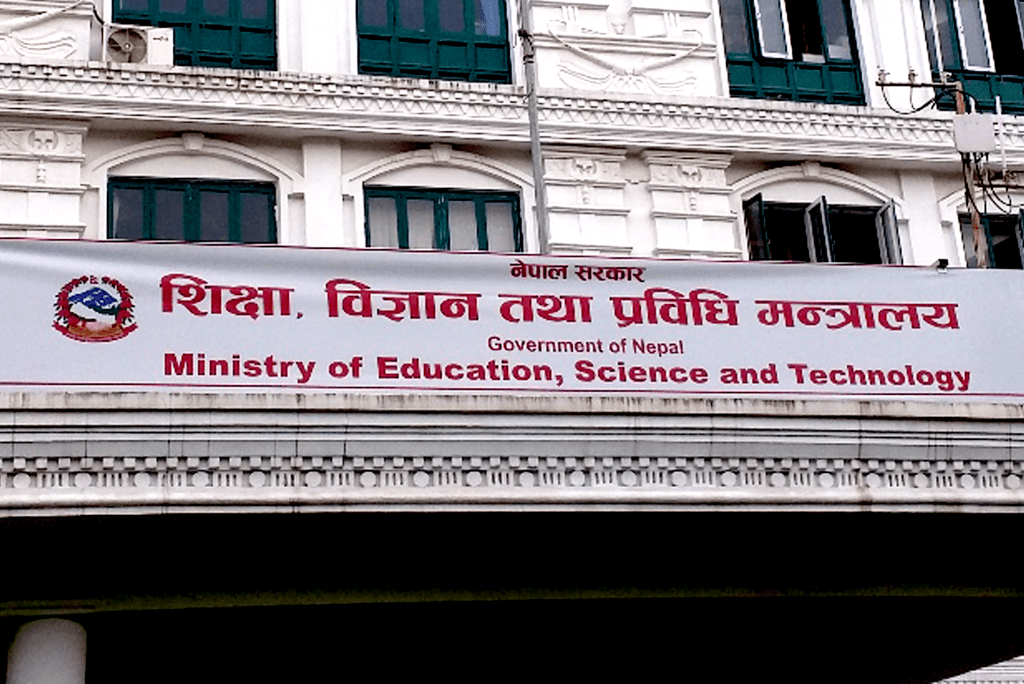
Kathmandu– Secretary at the Ministry of Education, Science and Technology, Ram Krishna Subedi, has said the Federal Education Act is in the process of being issued and the issues as managing the teachers’ posts would be addressed with its enforcement.
He said this while addressing a national level programme on sharing of learning on ‘Education and Child Labour in Madhes Province’, organised by Society of Education Journalists and ASAMAN Nepal today.
Although there is no serious obstacle in working in the education sector even without this Act, the Education Secretary said, it would further clarify on the educational rights and responsibilities of the three tiers of the government.
He recalled that arrangements had been made when he was the Chief Secretary of the Madhes Province government for providing Rs 300 thousand under the ‘Protect Daughter, Educate Daughter’ programme and the ‘Daughter Insurance’ scheme, as the status of girls education was comparatively poor in the Madhesh province.
Secretary Subedi stressed that the insurance programme should be effective for reducing the child labour and the child marriage. He added that the government was open and positive for educational reforms as far as the resources permit and the cooperation of all sides was needed in this endeavour.
National Convenor of the India-based MV Foundation, R Venkat Reddy shared on the initiatives made in India for ending the child labour and achievements in this sector. He suggested spreading throughout the world the narrative that it is the out-of-school children who mostly ended up as child labours.
The literacy rate in Madhesh province is 49.54 percent. All the eight districts in the province (Saptari, Siraha, Dhanusha, Mahottari, Sarlahi, Rautahat, Bara and Parsa) are yet to be declared as having achieved the ‘literate district’ status.
Rautahat district has the lowest literacy at 41.69 percent while Parsa has the highest literacy rate at 76.98 percent in this province. The student enrollment rate in the province is 53.3 percent.
Educationist Prof Dr Bidyanath Koirala said the standard of education cannot be improved until the government agencies and teachers are sincere. He stressed that the civil society and journalists should constantly raise voice on this issue.
ASAMAN Nepal’s executive director Nawal Kishor Yadav informed that they have been working for making positive intervention in improving education sector in the Madhes province through campaigns as, ‘Get the children out of work and send them to school’ and ‘Provide quality education’.
Comments